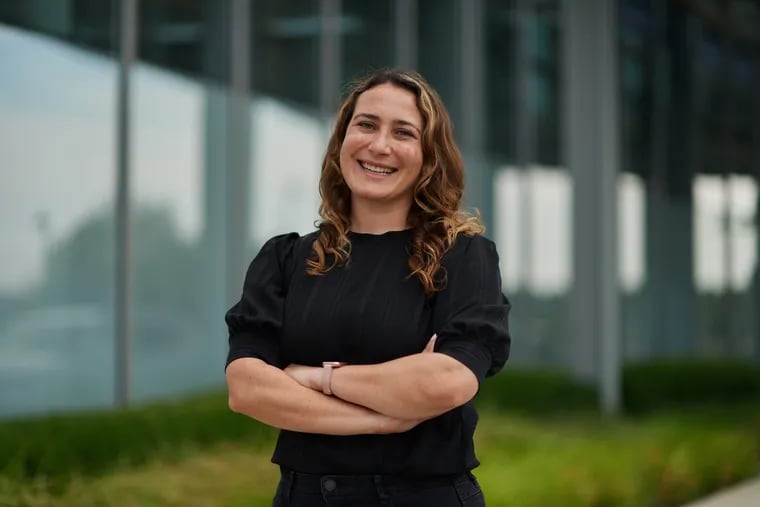In a series of candid conversations, women being treated for severe eating disorders offered interviewers from Penn Medicine their perspective on a under-studied condition — especially when it comes to patients’ experiences in treatment.
One woman spoke of how her severe eating disorder functioned like an “armor” — a way of coping with a stressful courtroom job that required her to be assertive. Another said she worried about her children seeing her struggling to eat. Nearly all said they felt their treatment was more effective when they worked with their doctors on a plan, instead of having rigid goals imposed on them.
The conversations resulted in a study, published in the International Journal of Eating Disorders, highlighting interviews with 17 women in inpatient treatment for “severe and enduring anorexia.”
Anorexia is an eating disorder that typically results in abnormally low weight, a mental illness that can also cause dangerous physical complications, including anemia and heart damage. All of the patients interviewed had a history of anorexia for at least seven continuous years past the age of 18 and had been in at least one treatment program before.
About 20 to 25% of anorexia patients develop this chronic form of the condition, the study authors wrote, but doctors and scientists disagree about how to define and treat it. Limited research exists to help the medical establishment understand and treat eating disorders, said Rebecca Boswell, a study author and supervising psychologist at Penn Medicine’s Princeton Center for Eating Disorders. She and other researchers hoped they could glean a better perspective on how to treat severe eating disorders by interviewing patients during their treatment.
Penn’s study had limitations: Participants were all white, cisgender women actively participating in a treatment program at the time of their interviews. Other populations, like people of color or men, might have different experiences, they wrote, so it’s difficult to say whether the study participants’ insights apply to a broad swath of eating disorder patients.
After gathering patients’ own opinions, researchers said more studies are needed that focus on patients’ experiences in eating disorder treatment.
“We wanted to know more about what those people’s experiences with treatment were, and how they understand their illness,” Boswell said.
‘I was part of the team’
Patients interviewed for the study were “incredibly insightful about their illness,” Boswell said.
One woman spoke of how demoralized she felt when doctors kept reminding her of the negative health consequences of her condition. Her teeth had been damaged by repeated vomiting, and a doctor made a point of bringing it up every time they met, the woman told researchers.
“I know what I did to myself. How do you think I feel?” she said.
Study participants said they felt they made more progress when they worked with doctors to develop their treatment plan, instead of having one imposed on them.
Some treatment programs for severe anorexia set strict goals for patients on how much they eat, the diversity of the foods they eat, and the number of times a day they eat, Boswell said.
“In some programs, the goals are set for you. You don’t have a lot of say,” said one study participant who spoke with The Inquirer on the condition of anonymity to protect her privacy. She recently participated in a treatment program where she worked with doctors to set goals she felt were reasonable.
The woman had dealt with an eating disorder for years, and, when she entered treatment last year, only felt capable of eating two bites of food in her first days at the clinic.
She agreed with physicians that she would use a feeding tube to gain weight, and work up to eating more on her own.
“You would never get that kind of a goal in other programs — you would be expected to finish an entire meal,” the woman said. Although she expects to need a feeding tube permanently, she was able to increase how much food she ate on her own during her stay at the clinic.
Feeling as if she had a say in her own care made the woman more willing to seek follow-up care months later to develop a better schedule for using her feeding tube.
“It felt like a team approach, and I was part of the team. Every step of the way, any changes, anything that they might suggest to move things along — it was all a collaboration, versus me being told what was going to happen next,” she said.
Helping patients to set goals
Patients told the Penn researchers that having specific goals during their recovery was helpful. But nearly all preferred setting those goals with doctors, rather than just being told to meet certain benchmarks.
She and the other study authors wrote that additional research on severe eating disorders could focus on whether these collaborative treatment approaches would benefit more people with severe, long-term eating disorders.
“The lived experience of our patients is an incredible resource for developing a treatment plan that will suit them best,” she said.

